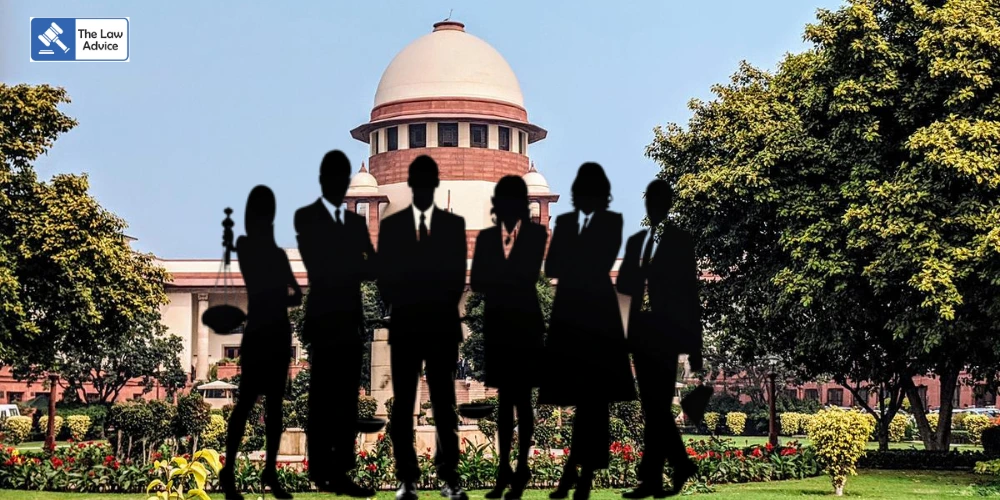New Delhi | July 17, 2025
In a significant development for aspiring lawyers across India, the Supreme Court has summoned Bar Council of India (BCI) Chairperson Manan Kumar Mishra to personally explain whether State Bar Councils are complying with the Court’s earlier directive on capping enrollment fees for advocates.
The Court’s intervention comes in response to a contempt petition alleging that despite a clear ruling in 2024, several State Bar Councils continue to collect exorbitant enrollment fees, violating statutory limits set under the Advocates Act, 1961.
Background: The 2024 Verdict That Set the Bar (and the Fee)
In Gaurav Kumar v. Union of India, the Supreme Court held that enrollment fees charged by Bar Councils must strictly adhere to Section 24(1)(f) of the Advocates Act. This provision allows a maximum fee of ₹750 for general category candidates and ₹125 for SC/ST candidates.
The judgment aimed to dismantle arbitrary fee structures some of which reached ₹20,000 to ₹25,000 imposed by various State Bar Councils, making entry into the legal profession financially burdensome, especially for students from marginalized backgrounds.
What Happened in Court This Week
A two-judge bench comprising Justice J.B. Pardiwala and Justice R. Mahadevan heard a contempt plea filed by K.L.J.A. Kiran Babu, who claimed that the fee cap judgment was not being followed in practice.
Instead of initiating contempt proceedings immediately, the Court opted to summon BCI Chairman Manan Mishra to appear in person on August 8, 2025, and report whether the ruling is being fully implemented across the country.
“We want to know if the order is being respected across the board or just on paper,” the bench noted.
“If State Bar Councils are still collecting fees beyond the statutory limit, it’s a serious concern.”
The Legal Crux: Law vs. Practice
• Statutory Limit Exists: Section 24(1)(f) of the Advocates Act places a clear ceiling on enrollment fees.
• No Additional Levies Allowed: The 2024 judgment stated that Bar Councils cannot indirectly circumvent the cap by adding “miscellaneous” or “administrative” charges.
• Prospective Application: The Court clarified in 2024 that the cap applies prospectively meaning no refunds are required for previously collected excess fees, but going forward, the law must be respected.
Despite this clarity, many State Bar Councils reportedly continue to demand excessive payments, arguing the cap is outdated and insufficient to manage operational costs.
Why This Matters
• Access to the Legal Profession: High enrollment fees create a financial barrier to entry, especially for first-generation lawyers and economically weaker students.
• Rule of Law: The episode underscores a deeper tension can regulatory bodies disregard clear statutory limits and Supreme Court judgments in practice?
• Precedent for Professional Regulation: This case may influence how other professional councils (medical, engineering, etc.) handle entry-level compliance and affordability.
Case Title: K.L.J.A. Kiran Babu v. State Bar Councils & Ors.
